Awards Recognize RI Business’ Efforts to Promote Employee Health
Monday, February 10, 2014
GoLocalProv Business Team
Blue Cross & Blue Shield of Rhode Island (BCBSRI) has announced it is accepting applications for the 20th Annual Worksite Health Awards. The awards recognize Rhode Island companies with successful workplace wellness programs.
All Rhode Island companies are eligible for the awards, given by BCBSRI in conjunction with the Greater Providence Chamber of commerce. This includes small (100 or fewer employees) and large businesses (over 100 employees). Applicants must demonstrate exceptional health and wellness programs and health-oriented workplace policies. Winning companies will be honored at a ceremony on May 28 and profiled in a special section of Rhode Island Monthly magazine.
“As an insurer and as one of Rhode Island’s largest employers ourselves, BCBSRI understands the real value in creating healthier workplaces,” said Michael Hudson, Chief Financial Officer for BCBSRI. “A commitment to eating well, exercise and work life balance doesn’t just make employees happier and healthier, it is good overall business sense and helps the state drive down healthcare costs.”
GET THE LATEST BREAKING NEWS HERE -- SIGN UP FOR GOLOCAL FREE DAILY EBLAST
“Employees are one of a company’s most valuable assets and studies have shown that keeping them healthy can have numerous benefits to business –including increases in productivity,” said Laurie White, president of the Greater Providence Chamber of Commerce. “The Worksite Health Awards are an opportunity for employers to come together to celebrate and learn from best practices while showcasing the advances being made every day to improve the health and wellbeing of Rhode Islanders at work.”
Interested businesses can find more detail and apply online at BCBSRI.com/WorksiteHealth. Applications will be open open now through Friday, February 28.
Related Slideshow: 10 Historically Bold Moves Made By Big Companies
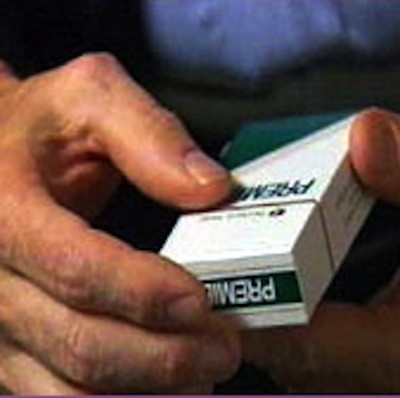 View Larger +
View Larger +
Prev
Next
10. RJ Reynolds
The Smokeless Cigarette
LOSE
In 1988, long after the American public wised up to the dangers of cigarettes, RJ Reynolds launched the Premier cigarette. They called it a “smokeless nicotine delivery mechanism that looks and feels like a premium cigarette.” It didn't. Smokers said it tasted like charcoal, and drug users quickly figured out how to use it to smoke crack. It has been reported that RJ Reynolds lost $1 billion on the product.
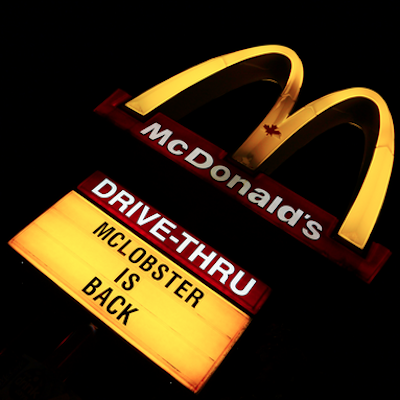 View Larger +
View Larger +
Prev
Next
9. McDonald's
The McLobster
LOSE
The alleged lobster roll – no one's sure there was ever any real lobster in there – from McDonald's was about as successful in New England as their McCrabcake was in Maryland. It looked bad, tasted worse, and was shunned by even the most die hard Golden Arches fans. (Unlike the McRib, which continues to have a bewildering trance on McDonald's fans.) The sandwich is still available in some Canadian franchises and occasionally in Maine.
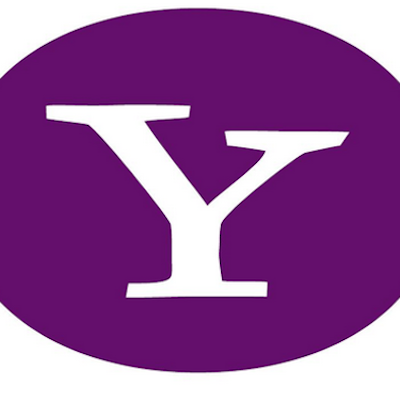 View Larger +
View Larger +
Prev
Next
8. Yahoo
Bans Employees From Working at Home
WIN
When Yahoo CEO Marissa Mayer became the company’s chief executive, she instated Google-like food options, offered new benefits, and insisted full-time employees work in the office. The tech world was shocked, and Mayer admitted the mandate could diminish productivity. However, she saw an up side.
"People are more productive when they’re alone,” she said at the time. “But they’re more collaborative and innovative when they’re together. Some of the best ideas come from pulling two different ideas together.”
Now that Yahoo's future looks far brighter than when Mayer started, it seems she was onto something all along.
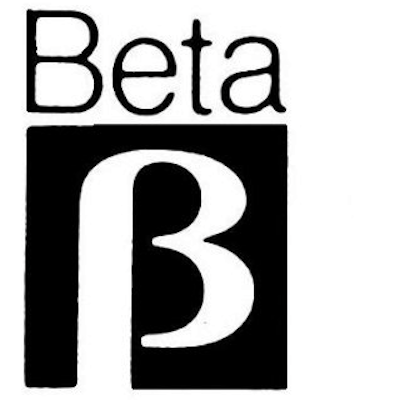 View Larger +
View Larger +
Prev
Next
7. Sony
Backs Betamax
LOSE
Sony was right to support Blu-ray over the failed HD DVD, probably because they learned their lesson with the Betamax experience in 1975. That's the year the Betamax video recorder hit stores shelves. A year later, the VHS format hit the market. Sony never licensed its Betamax technology, and the two formats were not compatible. Consumers had to choose between the two. You know how that story ended.
 View Larger +
View Larger +
Prev
Next
6. Tesla
Enters the Auto Market with High End Electric
WIN
Whoever killed the electric car must not have been looking when the first Tesla Model S cars were sold at the Tesla factory in Fremont, California. The Silicon Valley electric carmaker took the idea of eco-friendly vehicles and turned it into a blueprint for lead-footed success. Tesla's first made-from-scratch car, the electric Model S sedan, received a rare near-perfect score from Consumer Reports. At the time, Bill Ford, the executive chairman of Ford Motor Co., said "My hat's off to them." Tesla has since transformed America's image of electric cars.
 View Larger +
View Larger +
Prev
Next
5. Apple
Fires Steve Jobs
LOSE
One of the world's most famous college drop outs, Steve Jobs founded Apple, helped it grow into a billion-plus public company, and launched the Macintosh. He was also ousted by Apple's Board of Directors in 1985. The popular take is that the board was stupid to fire Jobs as the leader of the Mac division, because Apple would have more quickly become the company it is today. A new take on the decision posits that the then-30-year old Jobs was disruptive and incompetent in that role. After 12 years away from the company he founded, he learned the skills and discipline required for Apple's rebirth.
 View Larger +
View Larger +
Prev
Next
4. Microsoft
Takes on Sony + Nintendo in the Console Gaming Market
WIN
Microsoft has one person to thank for its console gaming success, and that person isn't even real. Master Chief is the hero of the insanely popular "Halo" franchise, which was first released was a launch title with the original Xbox. The game revolutionized First Person Shooters on consoles, and sold millions of consoles along the way. At the time, Microsoft was known as primarily a software company. They may have took a bath on those early consoles, but they now join Sony as one of the two major console makers left standing. (Sorry, Nintendo. The Wii U is going to sink you.)
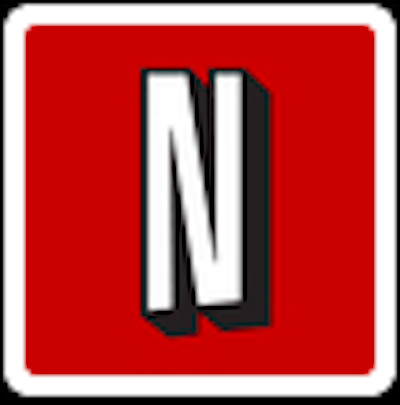 View Larger +
View Larger +
Prev
Next
3. Netflix
Changes Pricing Plan
LOSE
Netflix is back on top now, but it almost went under in 2011 when it mishandled its pricing changes and attempted to slice off it DVD business under the name Qwikster. As they did with the New Coke launch, customers responded with immediate anger, leading Netflix CEO Reed Hastings to apologize. The company reverted to its $7.99 streaming plan and has never looked back.
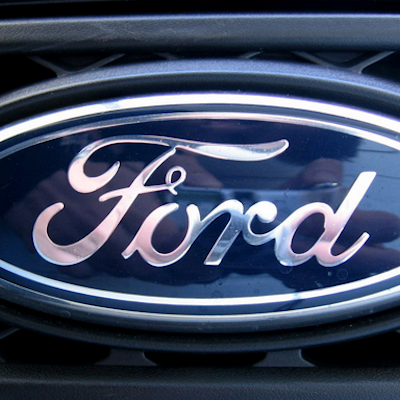 View Larger +
View Larger +
Prev
Next
2. Ford
Opts out of Government Loans
WIN
After Detroit’s automakers went to Washington in 2008 asking for emergency loans to keep their enterprises afloat, the big bus oval was the only one to opt out of the bailout. Ford decided to mortgage all of its assets to raise operating funds instead. Taxpayers eventually spent $80 billion to rescue General Motors Corp. and Chrysler Corp. Ford focused on efficiency and increasing sales without using government bailout money - thus avoiding the federal tinkering that Chrysler and GM had to accept as a part of their deals. The company has since kept pace with GM, the country's largest automaker.
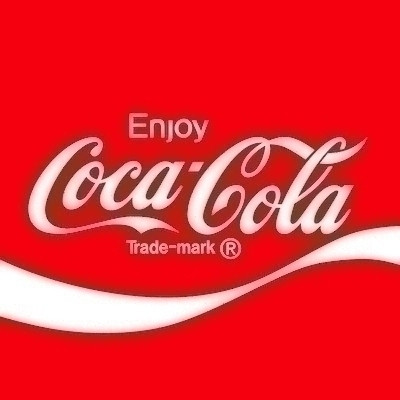 View Larger +
View Larger +
Prev
Next
1. Coke
New Coke
LOSE
Perhaps the most famous brand misstep since Ford's Edsel, New Coke is the Titanic of corporate miscalculation. In the 1970s and early 80s, the soft drink giant faced increased competition from Pepsi and other products. To stay on top, Coke executives stopped production of the classic formula and introduced New Coke with tremendous fanfare. The public's responded with immediate outrage. Coca-Cola re-launched its original formula – called Coca-Cola Classic – almost immediately. Today, unopened cans of New Coke go for hundreds on eBay.
Related Articles
Enjoy this post? Share it with others.























